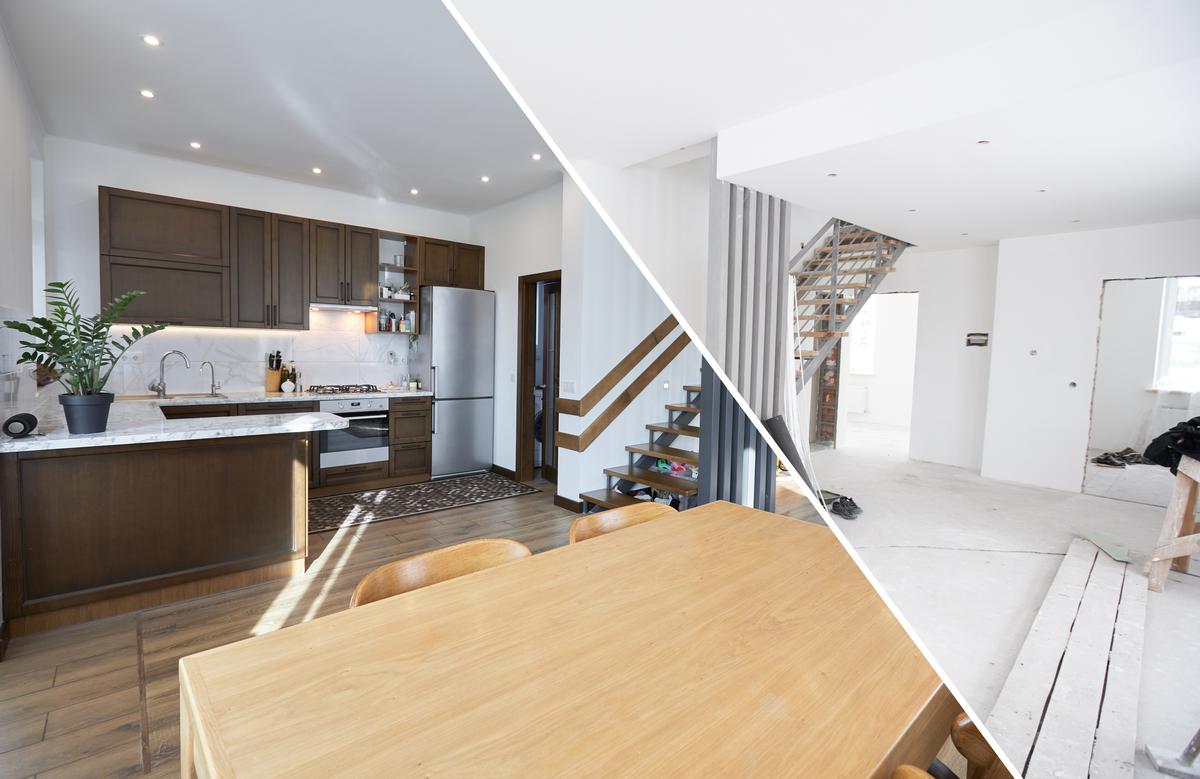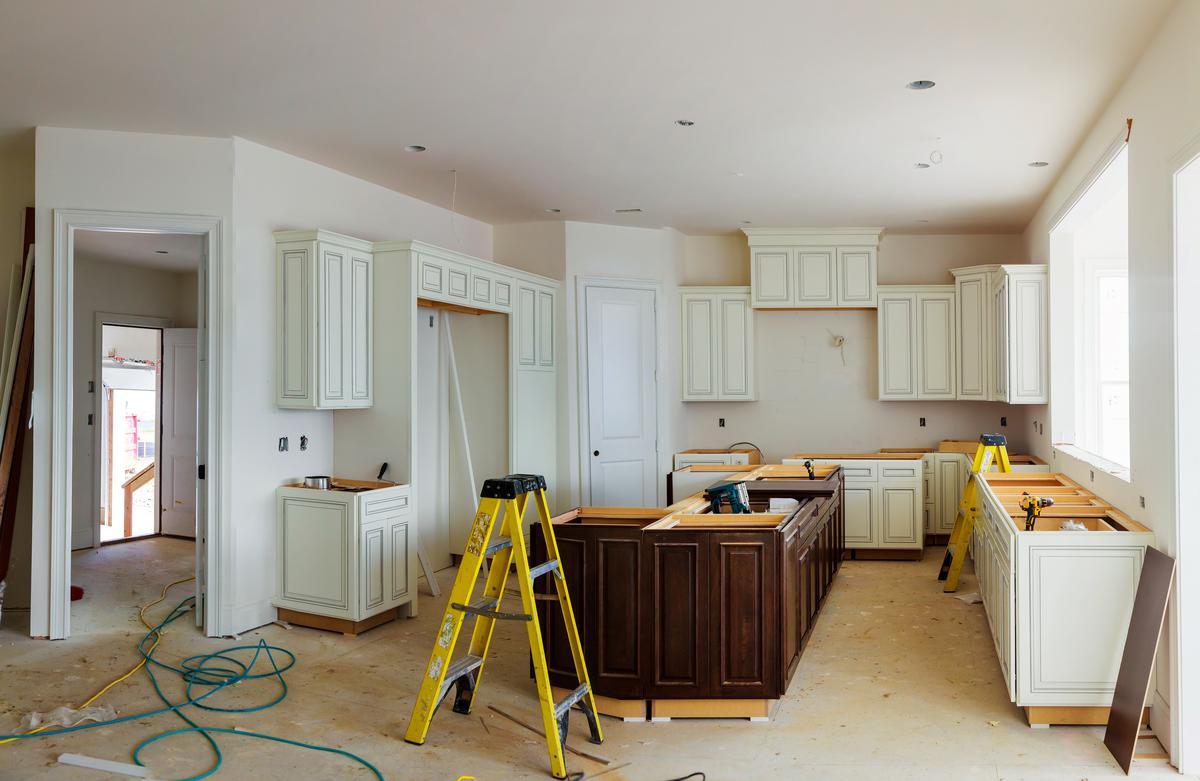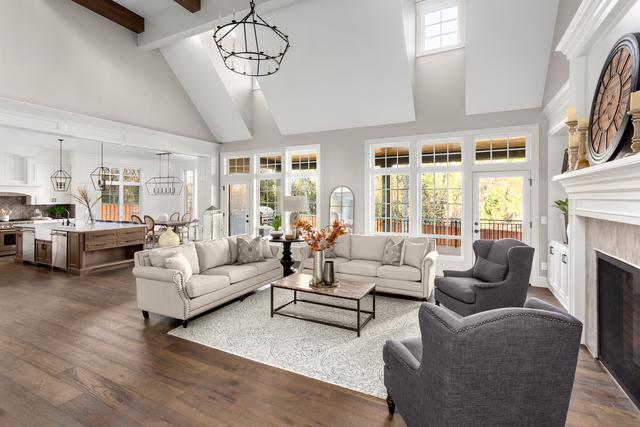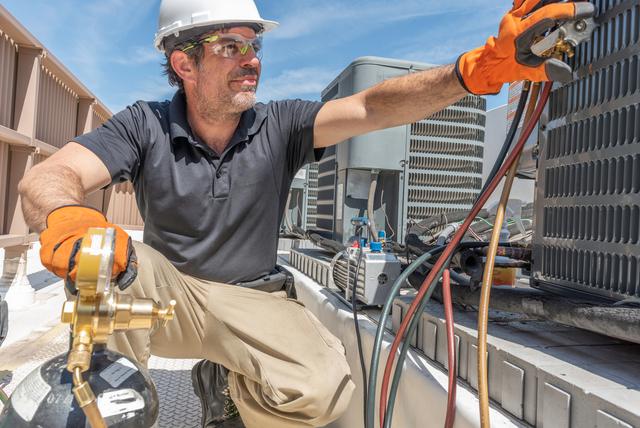Much like buying property, it’s not very often that you undertake a home improvement project and work with contractors. But unlike buying property, everything from envisioning a design to finding and hiring a contractor is up to you; whereas when it comes to investing in a new home, a professional realtor would normally guide you through the entire process. That’s what makes home improvement projects a bit tricky. It’s not uncommon for homeowners to get bamboozled by a contractor. This can include unresponsiveness, unexpected changes in the pricing, as well as unnecessary project delays. Knowing how to handle common problems with contractors can help you avert a renovation nightmare.
Pro tip: Knowing what to look for when hiring contractors can help you avoid working with unreliable contractors in the first place.










comments